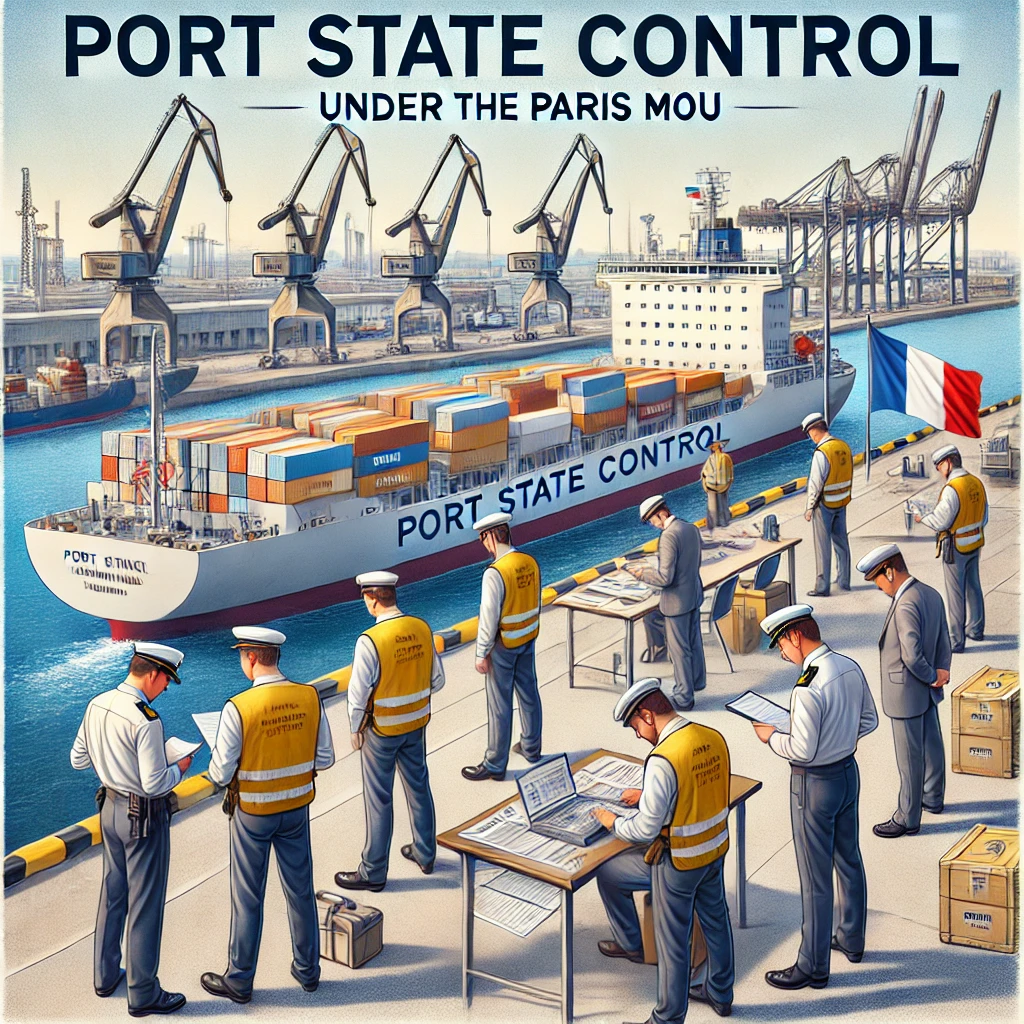The Paris Memorandum of Understanding (MoU) on Port State Control has recently implemented several initiatives aimed at enhancing maritime safety and regulatory compliance.
Concentrated Inspection Campaign on Crew Wages and Seafarer Employment Agreements
From September 1 to November 30, 2024, the Paris and Tokyo MoUs conducted a Concentrated Inspection Campaign (CIC) focusing on crew wages and Seafarer Employment Agreements under the Maritime Labour Convention (MLC). This campaign aimed to ensure that seafarers’ rights are upheld and that they receive fair treatment and remuneration. Wikipedia+4DNV+4bsmou.org+4
Implementation of New Compliance Policies
In response to the Paris MoU’s stringent standards, certain flag states have adopted zero-tolerance policies for detentions. For instance, the Vanuatu Maritime Services has mandated that all vessel owners ensure full compliance with Paris MoU regulations before entering European ports, aiming to reduce detentions and enhance safety and environmental protection. parismou.org+2register-vu.com+2parismou.org+2
Focused Inspection Campaigns on Fishing Vessels
The Paris MoU initiated a pilot program in 2024 to evaluate the benefits of a harmonized approach to port State control on internationally operating fishing vessels of 24 meters and above. Participating member states include Canada, Croatia, Denmark, France, Germany, Ireland, Netherlands, Norway, Spain, and the United Kingdom. parismou.org+1parismou.org+1
Recent Detentions and Bans
The Paris MoU continues to enforce compliance through detentions and bans. Notably, the M/V “EVEREST,” IMO number 8411633, was refused access to the Paris MoU region on March 11, 2025. Additionally, the ban on M/V “FUXI” (formerly “ARINA 1”), IMO number 9246463, was lifted on March 14, 2025. parismou.org+7parismou.org+7register-vu.com+7parismou.org
These developments reflect the Paris MoU’s ongoing commitment to enhancing maritime safety, enforcing international regulations, and protecting seafarers’ rights within its jurisdiction.








